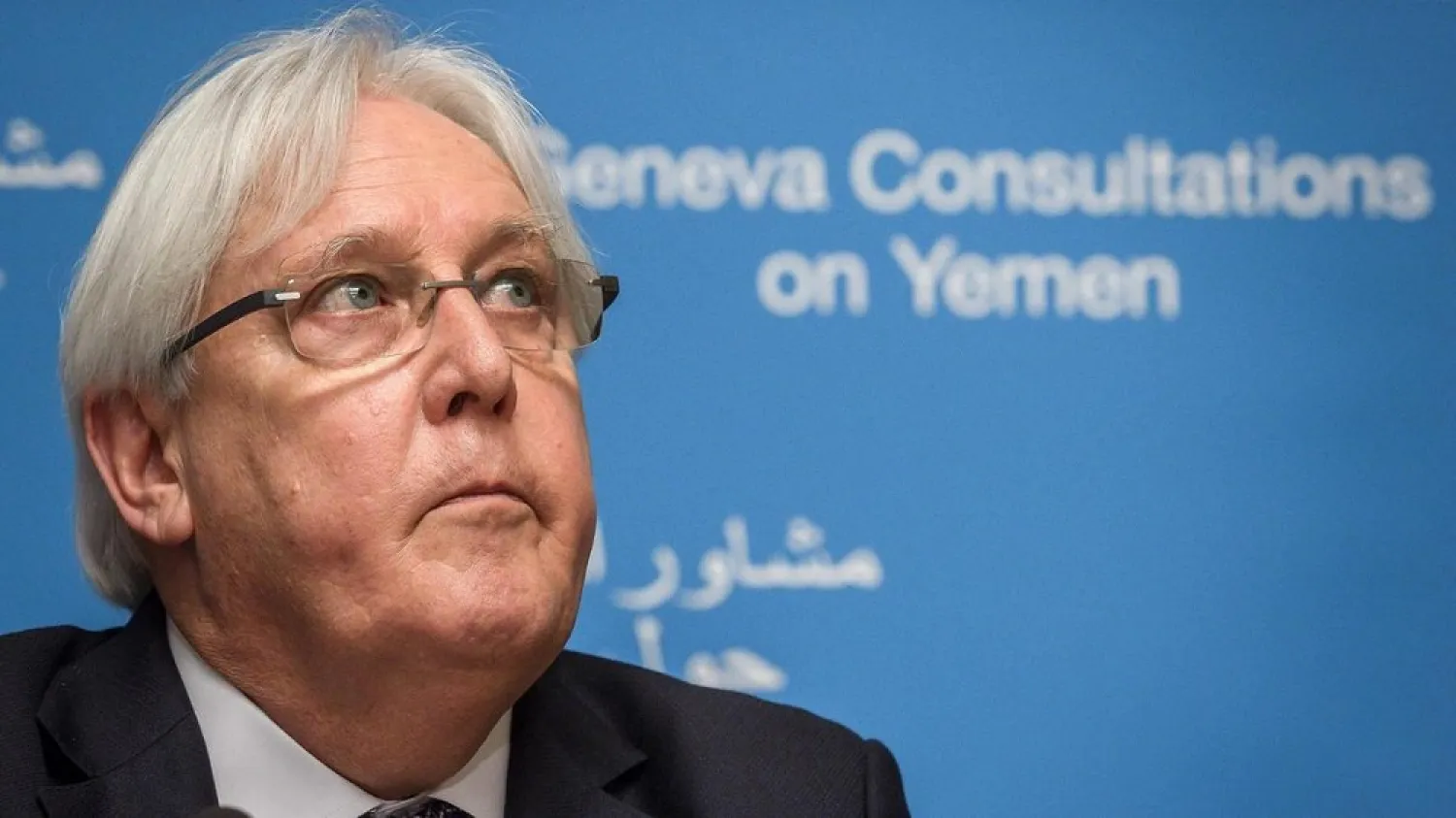United Nations envoy to Yemen, Martin Griffiths plans to kick off a series of direct meetings between the legitimate government and Iran-backed Houthis, sources told Asharq Al-Awsat Sunday.
The envoy is expected in the interim capital Aden in days.
“Griffiths believes that the positive atmosphere accompanying the formation of a power-sharing government and its return to Aden is an important point that would help kick off comprehensive political talks on the draft Joint Declaration,” the informed sources said.
The Joint Declaration comprises a nationwide ceasefire, in addition to an agreement on humanitarian and economic measures and the resumption of a comprehensive and inclusive political process in Yemen.
Griffiths believes that indirect talks between the warring parties on the Joint Declaration had been successful.
“We waited months to see the realization of the Riyadh Agreement. Griffiths believes that the return of the government to Aden and the implementation of security and military measures is a very good step,” the sources said, adding that no progress could be made in the file of the UN-sponsored Yemeni talks before seeing a progress in the file of the legitimate government and the Southern Transitional Council.
Griffiths had proposed the text of his draft Joint Declaration on a ceasefire across Yemen months ago.
He has been carrying out discussions virtually and shuttling between the parties involved in the conflict.
The draft was approved by the legitimate government and rejected by the Houthis, who suggested changes and demanded additional conditions.
However, the sources uncovered Sunday that an important agreement was reached between the parties on several sections of the Declaration, particularly the first and third items.
They explained that the first item is related to aspects of the ceasefire and the third item details the means of discussions towards a comprehensive political agreement.
The sources said the two sides have not agreed on the second item, which covers economic and humanitarian measures.
“Griffiths wants the two sides to sit together and discuss differences over the airport, Hodeidah and salaries,” the sources said.









